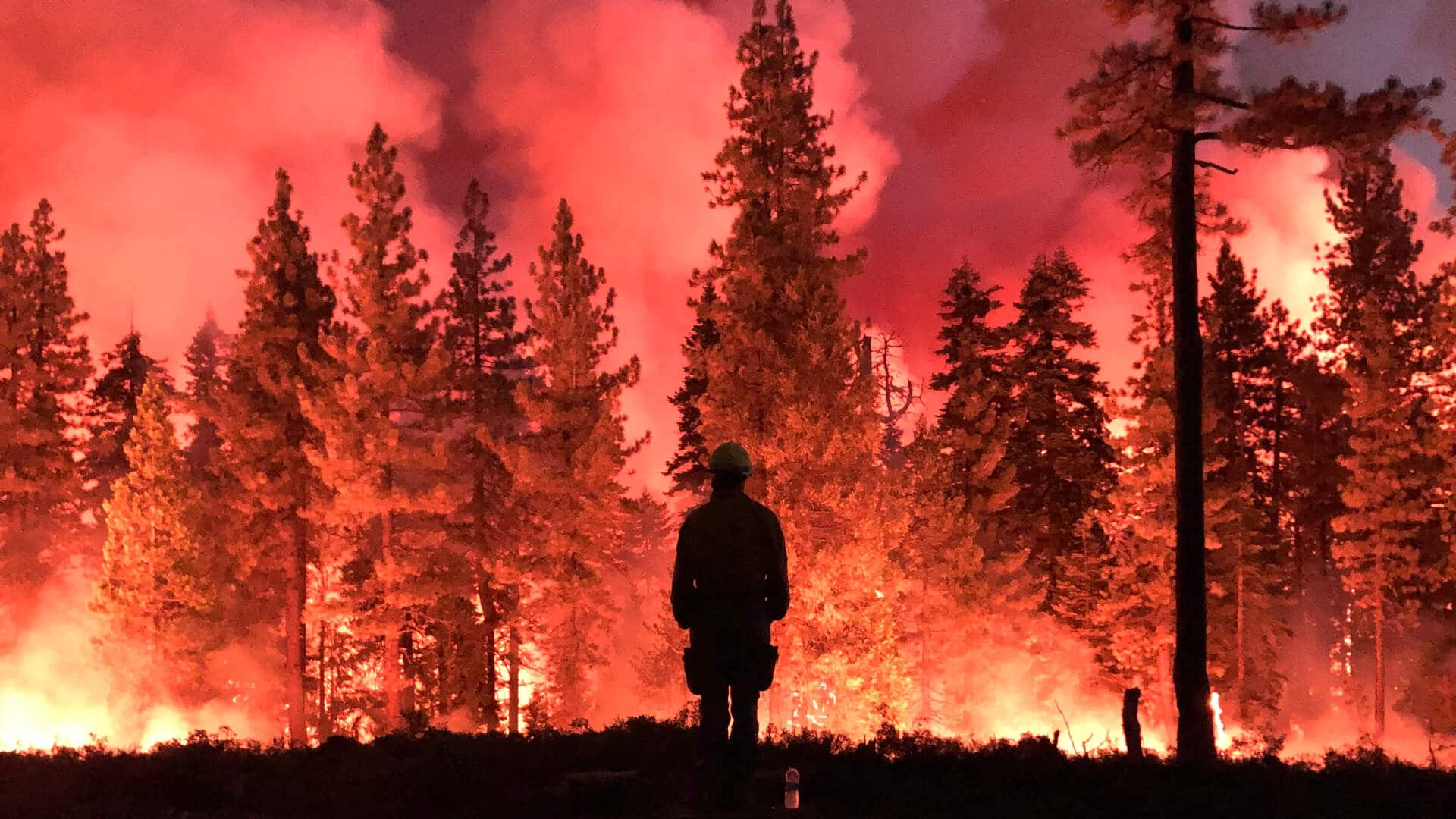
Biden declares major disaster in California; what it means
What's the story
United States President Joe Biden has declared a major disaster in California after the state was ravaged by wildfires and straight-line winds since Tuesday. The president's action clears the way for federal aid to supplement state, tribal, and local recovery efforts in affected areas, including Los Angeles County. The assistance includes grants for temporary housing and home repairs, and low-cost loans to cover uninsured property losses, the White House said.
Disaster impact
Wildfires claim lives and destroy properties in California
Damage assessments are also continuing in other areas, and more counties and additional forms of assistance may be designated after the assessments are fully completed. The wildfires have killed five people so far and razed over 1,500 buildings. Over 100,000 residents have been evacuated as firefighters struggle to contain the blazes, which are being fanned by hurricane-force winds and dry conditions. Nearly 25,000 acres have been scorched with extensive damage reported in the Pacific Palisades region and Altadena.
Crisis fallout
Health risks and political blame amid wildfire crisis
The fires have also posed serious public health risks, with smoke and dust advisories impacting over 17 million people. US Health Secretary Xavier Becerra voiced concern over toxins from burned buildings worsening health risks. The disaster has also sparked political blame with President-elect Donald Trump slamming President Biden and Governor Gavin Newsom for "gross incompetence." Trump blamed water shortages on environmental regulations and slammed FEMA's preparedness.
Economic impact
Power outages and economic losses due to wildfires
The wildfires have rendered over 1.5 million households without power as utility companies de-energize lines to prevent further fires. AccuWeather estimates the economic losses could reach $57 billion, making it one of the costliest disasters in US history. Scientists attribute the ferocity of these fires to climate change, with prolonged droughts followed by wet years resulting in dense vegetation.